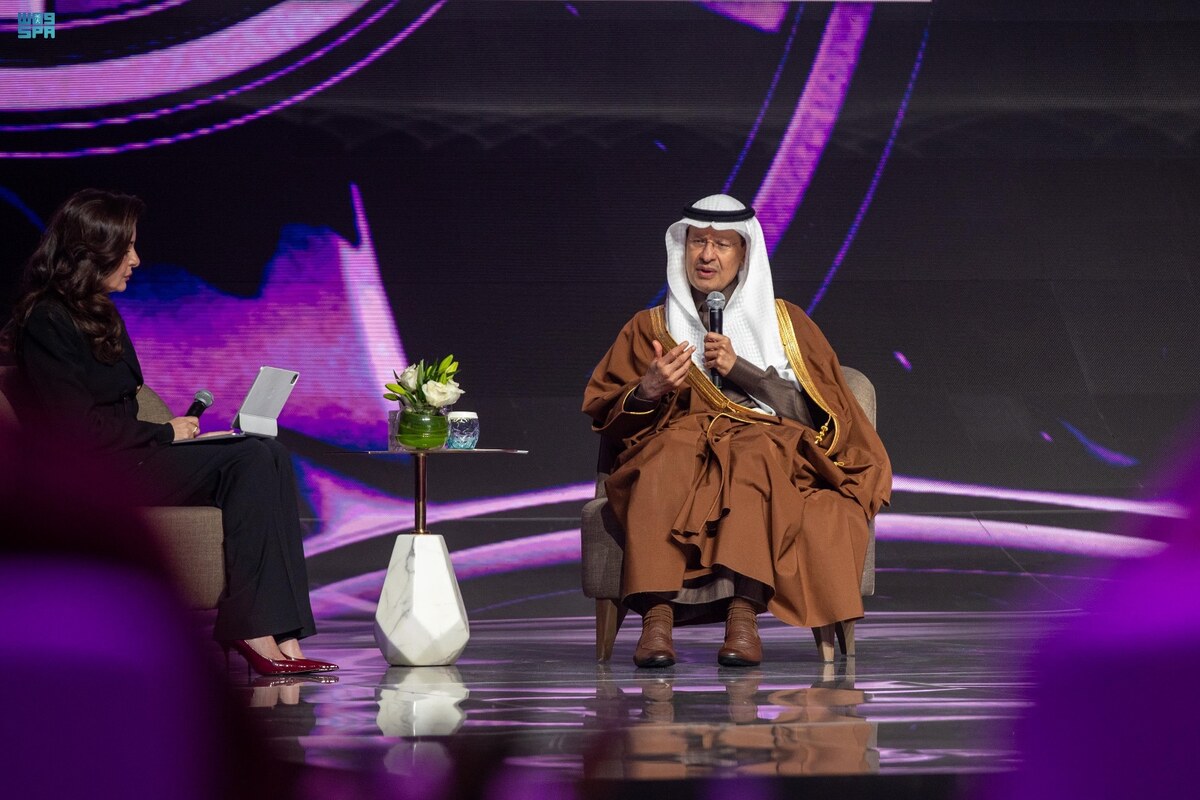RIYADH: Saudi Arabia’s non-oil exports reached SR79.48 billion ($21.17 billion) in the third quarter of 2024, a rise of 16.76 percent compared to the same period in 2023, according to official data.
As reported by the General Authority for Statistics, the Kingdom exported non-oil goods worth SR19.58 billion to the UAE, followed by India and China at SR6.78 billion and SR6.48 billion.
Chemical products led Saudi Arabia’s non-energy exports in the third quarter, accounting for 25.5 percent of total shipments, marking a 5.3 percent annual rise. Plastic and rubber products followed, comprising 24.9 percent of the total, with an 8.9 percent increase compared to the third quarter of 2023.
Strengthening the non-oil private sector is a key objective under Saudi Arabia’s Vision 2030 as the Kingdom works to diversify its economy and reduce reliance on crude oil revenues.
“The ratio of non-oil exports (including re-exports) to imports increased to 36.6 percent in the third quarter of 2024 from 34.9 percent in the third quarter of 2023. This was due to a 16.8 percent increase in non-oil exports and an 11.4 percent increase in imports over that period,” said GASAT.

In October, Moody’s projected the Kingdom’s non-hydrocarbon real gross domestic product would grow between 5 percent and 5.5 percent from 2025 to 2027, driven by increased government spending.
The International Monetary Fund projected the Saudi economy would expand by 4.6 percent in 2025, supported by diversification efforts to strengthen the non-oil private sector.
However, GASTAT highlighted that overall merchandise exports decreased by 7.3 percent year on year in the third quarter, primarily due to a 14.9 percent drop in oil exports.
Consequently, oil exports as a share of total exports fell to 71.3 percent in the third quarter from 77.3 percent recorded during the same period last year.
To stabilize the market, Saudi Arabia implemented a production cut of 500,000 barrels per day in April 2023, a reduction extended until December.
Key trade partners
China remained Saudi Arabia’s top export destination in the third quarter, receiving SR41.94 billion worth of goods. Japan and South Korea followed at SR25.62 billion and SR25.50 billion, respectively, while India received SR24.35 billion.

GASTAT data revealed that imports to the Kingdom increased by 11.4 percent year on year in the third quarter, reaching SR217.25 billion, while the nation’s surplus of the merchandise trade balance decreased by 43.4 percent.
In the third quarter, China accounted for the largest share of imports at SR53.78 billion, followed by the US and India at SR17.58 billion and SR11 billion, respectively.
King Abdulaziz Sea Port in Dammam was the primary entry point for goods in the third quarter, with imports valued at SR64.88 billion, representing 29.9 percent of the total inbound shipments.
Among the other major terminals of entry for imports was Jeddah Islamic Sea Port, which handled 20.1 percent of the incoming shipments, followed by King Khalid International Airport in Riyadh and King Abdulaziz International Airport, which handled 12.6 percent and 6.4 percent of the imports to the Kingdom.
September figures
In a separate report, GASTAT revealed that Saudi Arabia’s non-oil exports increased by 22.8 percent year on year in September, reaching SR25.95 billion.
The authority revealed that the Kingdom sent non-energy goods valued at SR6.54 billion to the UAE in September, while India and China received inbound shipments worth SR2.35 billion and SR1.73 billion, respectively.
Plastic and rubber products comprised 25.7 percent of non-oil exports in September, a 19.5 percent annual rise, while chemical products accounted for 25.3 percent, marking a 4.4 percent increase.
The ratio of non-oil exports to imports rose to 37.1 percent in September, compared to 34.8 percent during the same month in 2023.

Despite the growth in non-oil exports, overall merchandise exports dropped 14.9 percent in September due to a 24.5 percent decline in oil exports. Consequently, the share of oil exports in total exports fell from 79.7 percent in September 2023 to 70.7 percent in September 2024.
China remained the leading trade partner, receiving SR13.91 billion in exports, followed by Japan at SR7.98 billion and the UAE at SR7.49 billion.
Other major destinations for Saudi Arabia’s exports include India, South Korea, the US, and Egypt, as well as Singapore, Bahrain and Poland.
In September, Saudi Arabia’s exports to the Gulf Cooperation Council countries stood at SR12.08 billion, while the value of outbound shipments to Islamic non-Arab nations was SR6.71 billion.
According to GASTAT, the Kingdom’s imports increased by 15 percent year on year in September, reaching SR69.88 billion, while the surplus of the merchandise trade balance decreased by 56.9 percent during the same period.
China held the first position in the Kingdom’s imports, constituting 25.8 percent of total imports in September, valued at SR17.99 billion.
In September, Saudi Arabia received incoming shipments valued at SR5.39 billion and SR3.45 billion from the US and Germany, respectively.
The report revealed that the Kingdom handled inbound shipments valued at SR19.65 billion or 28.1 percent of the overall imports at the King Abdulaziz Sea Port in Dammam in September.
Jeddah Islamic Sea Port handled 17.9 percent of the overall inbound shipments, while King Khalid International Airport managed 13.1 percent of the total incoming goods.
Saudi Arabia’s non-oil sector is a key focus of its Vision 2030 plan to reduce reliance on oil and diversify the economy.
Initiatives like giga-projects, renewable energy investments, and expanding industries such as manufacturing, logistics, and tourism aim to drive growth and boost job creation.
These efforts are strengthening the Kingdom’s global trade position and attracting foreign investment, with the non-oil sector playing an increasingly vital role in its economic transformation.




























